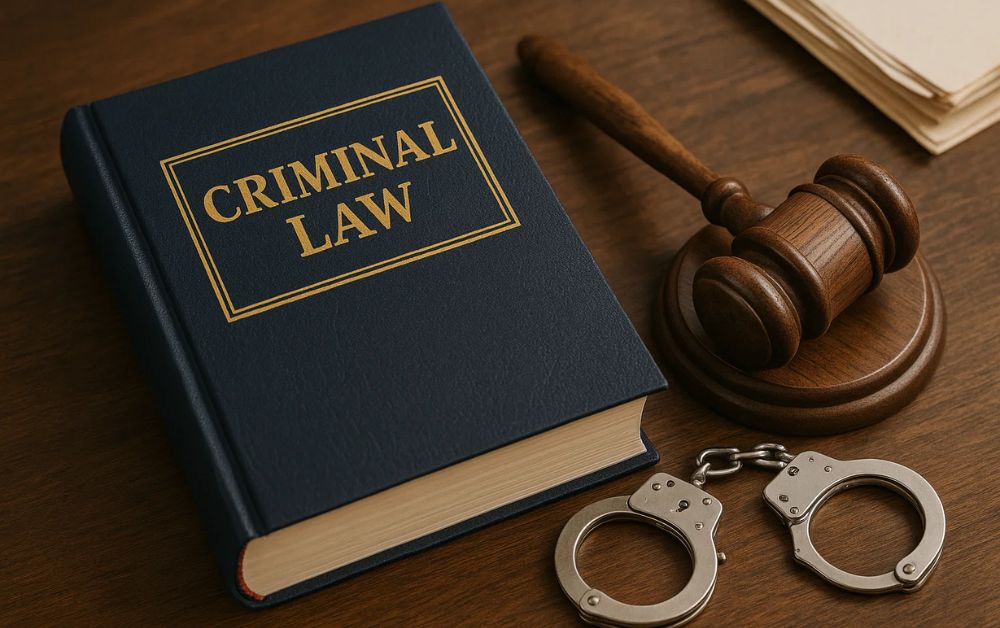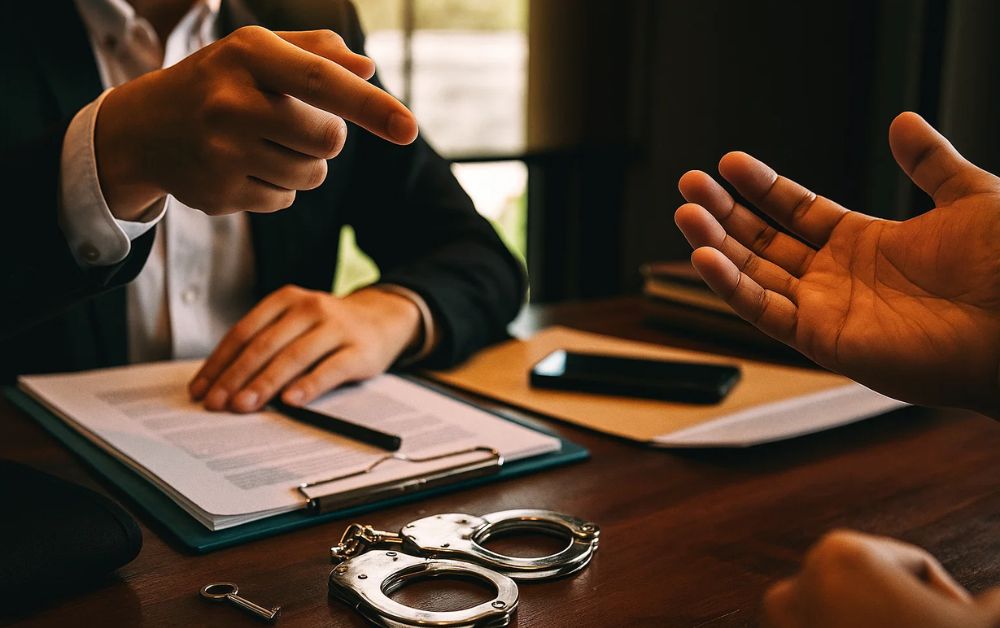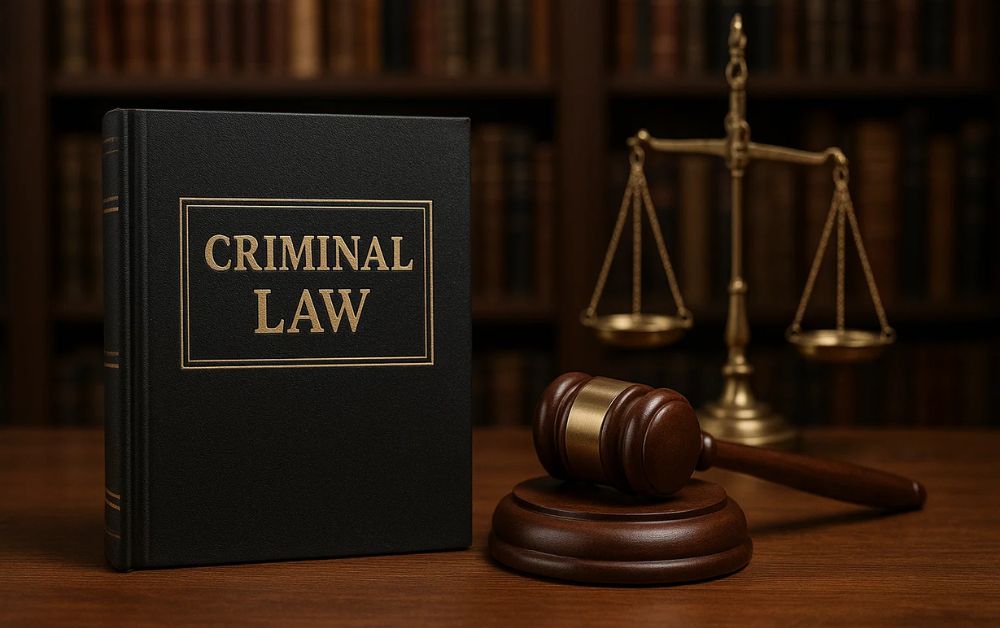+65 63232320
9am to 6pm
How Long Does a Criminal Case Take in Singapore Courts?

If someone is charged with a criminal offence in Singapore, they could have many questions. The most important of all these would be: how long will the case take to get settled? This length of time could vary considerably depending on a raft of factors. In this blog, we walk with you through the key stages of a criminal case in Singapore, highlight typical timeframes, and explain why the time taken may vary. If you or someone you know has criminal proceedings brought against them, it is wise to engage a professional, such as a Criminal Defence Lawyer Singapore from a firm like Dhillon & Panoo LLC, based in Singapore.

Introduction to the criminal process
It begins when an individual is suspected of committing an offence and is investigated by agencies such as the Singapore Police Force. The investigation is followed by charges brought against the individual, court mentions, pre‐trial conferences, and then, if the case is still not resolved, a full trial, followed by sentencing or acquittal. Since each stage has its own complexities, the total time taken from first suspicion to final resolution can range from weeks to years.
Investigation and indictment
First, the investigation stage: the police, once informed of a perceived offence, will investigate—take statements, gather evidence, perhaps secure forensic reports. In legal commentary, investigations can “take anywhere between a few weeks to several years,” depending on the complexity of the matter.
Once charged, a suspect will generally appear in front of a court within 48 hours of arrest. Then the prosecution prepares to file formal charges, and the matter will proceed to a first court mention. At this early stage, many cases are still under investigation.
Court mentions, pre‑trial conferences, and plead guilty hearings
After the charge is filed, the accused will attend court mentions. These are procedural hearings where the court takes note of the charge, addresses issues of bail or remand, and fixes further hearing dates. A critical stage would be the pre‑trial conference, where matters to be taken up include issues of disclosure of evidence, lists of witnesses, and trial readiness. As commented, there could well be more than one pre‑trial conference before the case is ready for trial.
For cases where the accused is pleading guilty, that process can be considerably shorter. But even then, some delay is typical, depending on disclosure and scheduling.
Trial and resolution
The timeframe will depend strongly on the nature of the offence, the number of charges, evidence (witnesses, forensic material, expert reports), and the administrative backlog. If a matter needs to go to trial because the accused does not guilty, for a straightforward offence tried in a lower court, the time from charge to trial can be short. For complex matters involving serious offences, multiple defendants, and voluminous evidence, the time taken can be considerably longer.
For instance, a trial might take 1-2 days if the offence is a simple one, but could stretch to several weeks if the issues involved are complex. Upon completion of the trial, sentencing or acquittal would ensue; in some cases, sentencing may require further hearings or reports, for example, psychiatric reports or probation reports.
Overview of a typical timeline
Although each case is unique, the following gives an indication of what clients typically go through:
- Investigation stage: from a few weeks to many months or longer for very complex cases.
- Charge to first court mention/remand hearing: within 48 hours of arrest for those detained
- Pre‐trial stage (mentions, PTCs, disclosure): likely to be months for a moderately complex case
- Trial stage: may be days for less serious offences, while severe cases take several weeks or even months.
- Post-trial/day of sentencing: may be immediate or may require further reports, delaying sentencing.
- Appeals, if any: these will be scheduled before a higher court and will typically add another few more months
Thus, a minor offence – for example, a straightforward offence with an early guilty plea – might conclude in a matter of a few months, whereas a serious, complex criminal case may span a year or more. Indeed, some very complex cases in Singapore have dragged on for several years from investigation to final appeal.
Why such a big difference in timing?
There are several factors that determine how long a criminal case will take in Singapore courts.
- The complexity of the offence: More serious offences, multiple charges, multiple involved parties, or large volumes of evidence take longer.
- Availability of evidence: Forensic analysis, witness statements, overseas evidence, and subject matter experts all cause delay.
- Disclosure requirements: The prosecution is required to disclose certain evidence to the defence at the appropriate stage of proceedings. If there are multiple disclosure conferences and complex evidential issues to resolve, this takes time.
- The court scheduling/backlog: How quickly the matter is listed depends on the court calendar, the availability of judges and counsel, and administrative issues.
- Plea or trial: An early guilty plea by the accused significantly shortens the time; otherwise, a full trial lengthens it.
- Remand/bail status: If the accused is in remand while awaiting trial, there may be urgency; if the accused is on bail, scheduling may take a bit longer.
- Appeals: After conviction, there may be appeals, which may add months or years depending on the complexity of the grounds that the appeal is based on.
Engaging a Criminal Defence Lawyer Singapore
If you are charged with a crime, it is essential to engage a firm that has a robust practice in criminal law, such as Dhillon & Panoo LLC, a Singapore-based law firm. A Criminal Defence Lawyer Singapore will be able to advise you quickly on the likely timeline of your case, make and address the strategic decisions of plea versus trial, manage disclosure issues, and help ensure the case progresses efficiently. Expert legal representation will also prevent unnecessary delays and protect your rights throughout the process.

Conclusion
Everything from the investigation stage through to the final resolution or appeal depends on many variables that may determine how long a criminal case takes in Singapore courts. While simpler cases may be concluded within a few months, serious and complex ones may take a year or longer. Knowledge of the process and support from a competent lawyer, such as a Criminal Defence Lawyer Singapore at Dhillon & Panoo LLC, goes a long way in helping you manage expectations, make the right decisions, and stay confident through this journey.
Related Posts
Recent Posts
- Why You Need a Lawyer Specializing in Drug offences Immediately After Arrest in Singapore?
- What is a Probate / Letters of Administration Lawyer in Singapore?
- Understanding the Role of a Litigation Lawyer During a Court Case
- Why Consulting a Family Lawyer Early Can Save You Time and Money?
- Corporate Lawyer for Business Contracts and Agreements in Singapore










